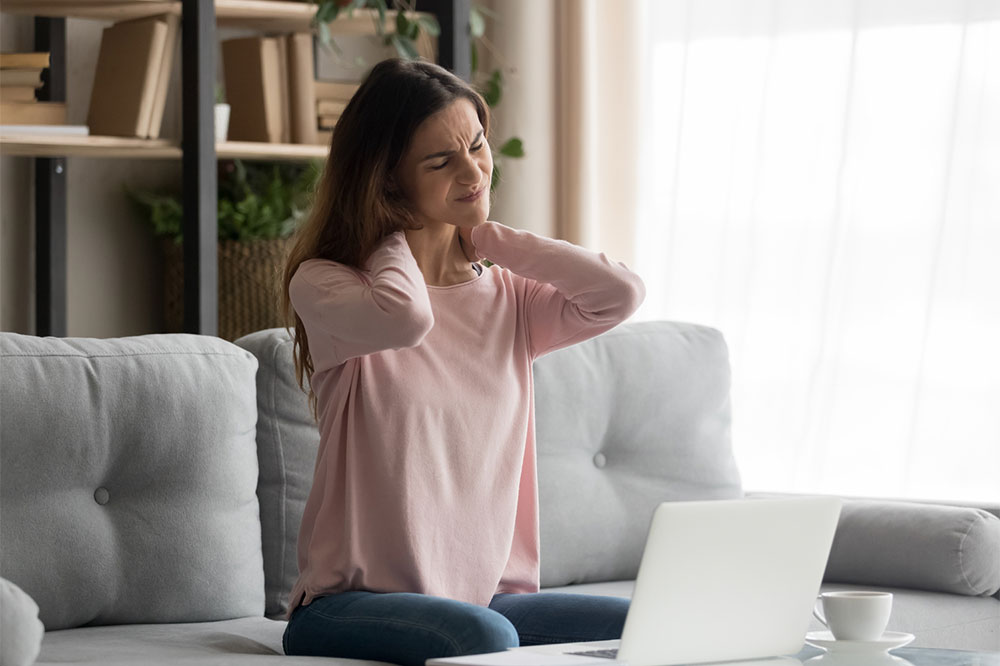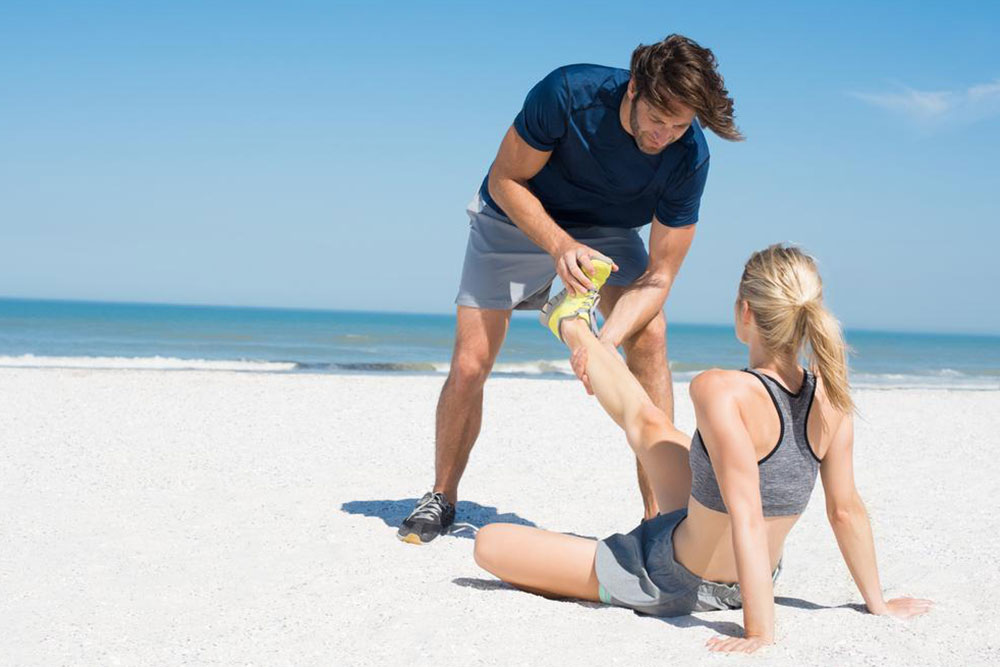Comprehensive Guide to Muscle Cramps: Understanding Causes and Effective Remedies
This comprehensive article explores the causes of muscle cramps, offering practical remedies and prevention tips. It covers factors like dehydration, electrolyte imbalance, and muscle fatigue, with detailed advice on stretching, hydration, and lifestyle changes to alleviate discomfort and prevent future spasms. Ideal for individuals seeking to understand and manage muscle cramps effectively.

Comprehensive Guide to Muscle Cramps: Understanding Causes and Effective Remedies
Muscle cramps are sudden, involuntary contractions or spasms of muscles that often lead to discomfort and pain. These involuntary muscle contractions can occur unexpectedly, whether during rest, physical activity, or sleep. While many cramps resolve on their own without medical intervention, frequent or severe cramps can significantly affect daily life and may indicate underlying health issues. This comprehensive guide explores the causes behind muscle cramps, practical remedies to alleviate discomfort, and strategies to prevent future episodes.
Muscle cramps can affect a wide variety of muscles in the body, including the calves, thighs, feet, hands, abdominal muscles, and even muscles around the ribcage. The severity of cramps varies greatly; some may present as mild twitches, while others cause intense pain that can last from a few seconds to several minutes. Persistent or recurring cramps should not be ignored, and consulting healthcare professionals is recommended for persistent symptoms.
Understanding the Causes of Muscle Cramps
Although the precise mechanisms behind muscle cramps are still not fully understood, researchers and healthcare providers believe several factors may contribute to their occurrence. Here are some of the most common triggers:
Dehydration: Loss of fluids, especially during hot weather or intense physical activity, can disrupt muscle function, leading to cramps.
Electrolyte Imbalance: Deficiencies in key minerals such as potassium, magnesium, calcium, and sodium impair nerve signaling and muscle contraction, increasing the risk of cramps.
Muscle Fatigue: Overexertion or prolonged physical activity can exhaust muscles, making them more susceptible to spasms.
Inadequate Stretching and Warm-up: Not preparing muscles for activity can increase injury and cramping risk during exercise or movement.
Heat Exposure: Exercising or working in hot environments accelerates fluid and electrolyte loss, heightening cramp likelihood.
Neuromuscular Control Issues: Certain neurological conditions or nerve injuries can interfere with muscle control, causing spasms.
Medications and Medical Conditions: Some medications and underlying health issues like diabetes, thyroid problems, or circulatory issues can contribute to cramping episodes.
Understanding these causes aids in developing effective prevention strategies and treatment plans tailored to individual needs.
Effective Home Remedies and Management Strategies
Most muscle cramps can be alleviated with simple home remedies and lifestyle modifications. Here are some proven methods to relieve pain and prevent future cramping:
Stretching the Affected Muscle: Gently stretching the cramped muscle can often provide immediate relief. For example, flexing the foot upwards to stretch the calf muscles.
Massaging the Muscle: Applying gentle pressure and massaging the muscle helps ease tension and promotes blood flow.
Applying Heat: Warm compresses or a warm bath can relax tense muscles and alleviate cramps.
Using Cold Therapy: Ice packs wrapped in a cloth can reduce inflammation and numb the pain, especially for prolonged or severe cramps.
Hydration and Electrolyte Balance: Drinking water and replenishing electrolytes with sports drinks or natural sources like bananas and nuts support normal muscle function.
Proper Nutrition: Consuming a balanced diet rich in potassium, magnesium, calcium, and sodium can prevent deficiencies contributing to cramps.
Adequate Warm-up and Cool-down: Engaging in gentle warm-up exercises before activity and stretching afterward minimizes muscle fatigue and cramping.
Maintaining a Healthy Lifestyle: Regular exercise, adequate sleep, and stress management contribute to overall muscle health.
If cramps are recurring, severe, or do not respond to home remedies, seeking medical advice is critical. Healthcare professionals may recommend specific treatments, including medications, physical therapy, or investigations to identify underlying conditions.
In summary, understanding the root causes of muscle cramps, practicing preventive measures, and knowing how to manage cramps effectively can significantly improve quality of life. Whether you experience occasional spasms during exercise or persistent cramps at night, adopting these strategies can make a substantial difference.





